The above terms are often used interchangeably by many, but there are striking differences between asteroids, meteoroids and comets. In this post I will highlight the most important differences and aspects of all three.
Meteoroids
The most important difference between an asteroid and a meteoroid is the size. Meteoroids are fragments of rock and metal, with a diameter of less then 50 meters (160 ft.). When a meteor hits Earth, it usually burns up in the atmosphere, creating a nice, usually innocent display, often called a shooting star.
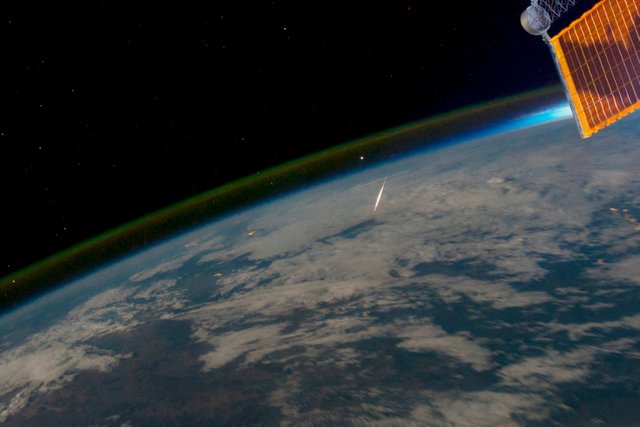
Meteor Showers
During certain times of the year, the Earth periodically travels through cosmic debris, creating what is known as a meteor shower. Famous ones are the Perseid and the Leonid meteor showers, mostly active during the months of August till November. When there's a clear night sky, you should be able to see shooting stars quite often, as seen in the timelapse below:
But not all meteors burn up in the atmosphere completely. Often, smaller fragments fall down to the Earth, and these are widely sought by collectors and meteorite hunters, as they are highly valuable. There have been cases, although extremely rare, where people have been killed by a falling meteorite fragment. They can hit the most unexpected places.
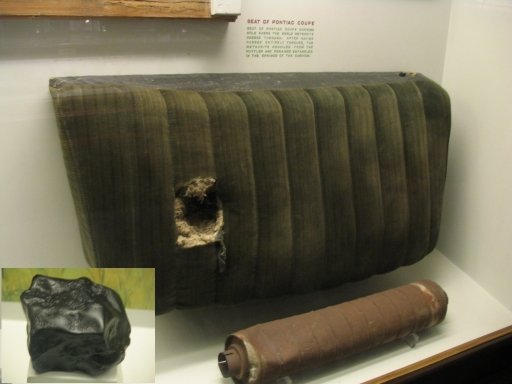
Market value
Some of the most valuable meteorites are the ones who originate from Mars and the Moon, as they are very rare. These fragments have been blasted out into space a long time ago due to asteroid impacts on the planets. Martian meteorites can sell for as much as $1,000/gram or more, about 25 times the current price of gold!
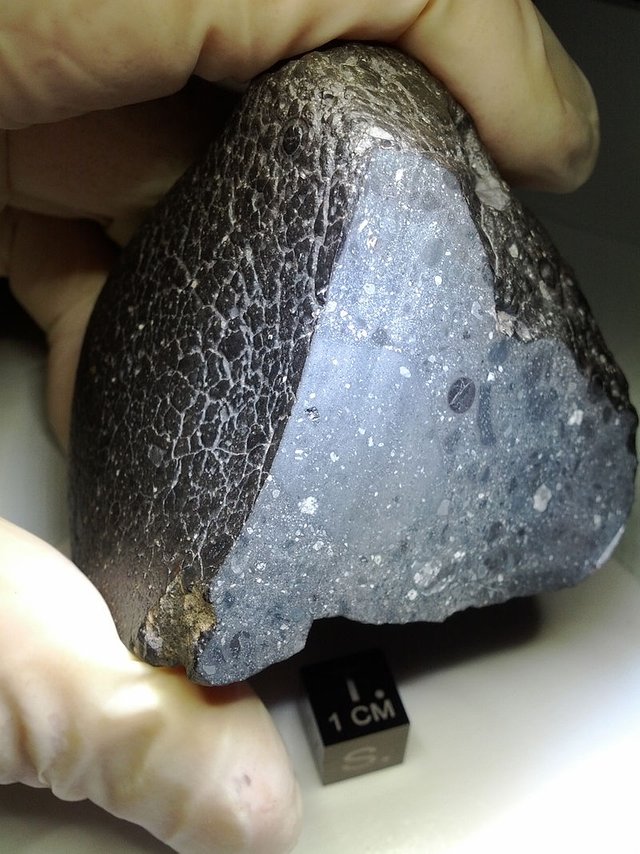
Asteroids
Asteroids are considered minor planets made up of minerals, metals and rock. Some are over 100s of kilometers wide. If an asteroid would hit the Earth, it could destroy whole ecosystems, make species go extinct, even destroy the whole world depending on the size of the asteroid. It is generally assumed that the 180 km (110 miles) wide Chicxulub crater on the Yucatán Peninsula in Mexico, was caused by a 10 km (6 mile) big asteroid and made the dinosaurs go extinct 65 million years ago.
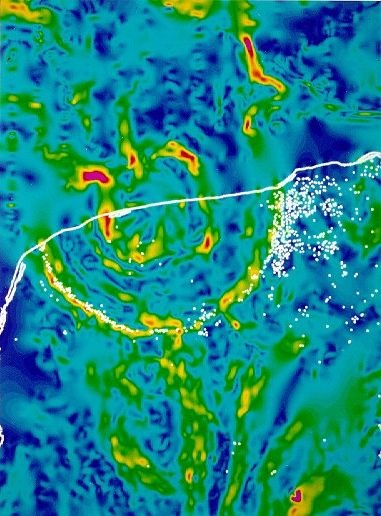
Asteroid Mining
Asteroids are full of precious minerals and metals, with some holding more value then the entire GDP of the world combined. Various companies have been dedicated to the idea of mining asteroids, but it's still considered impossible by many experts due to the high costs of current space transportation. However, progress in the creation of re-usable rockets by various private companies such as SpaceX and Blue Origin may bring the costs down enough to make it a profitable venture.
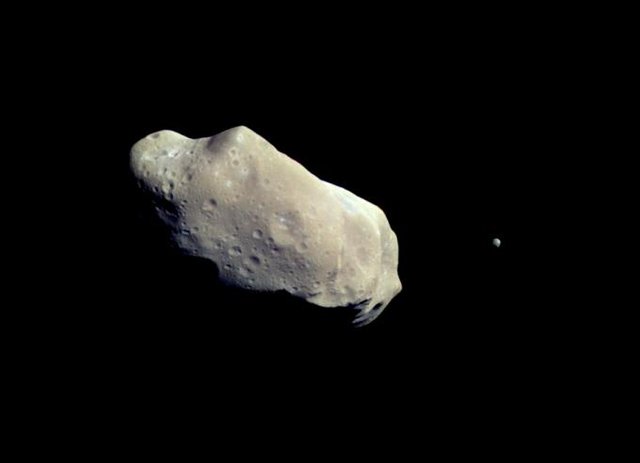
Comets
While often similar in size to asteroids, comets consist out of ice and rock, frozen gasses, dust and even organic compounds. It is often hypothesized that a comet impact on Earth may have brought the necessary organic compounds to begin the creation of life. As comets come near the sun, they start to evaporate large amounts of gasses, creating spectacular displays.
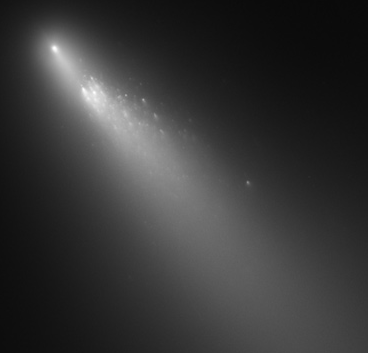
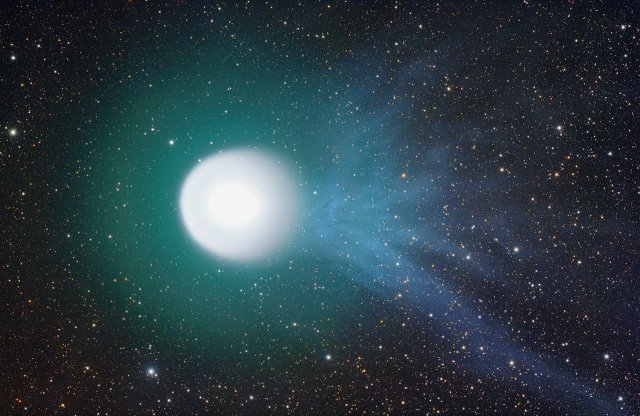
Thank you for taking the time to read this article explaining the differences between meteorites, asteroids and comets. Don't forget to follow to stay up to date with new editions to this ongoing series on Astronomy.
Source Material:
Meteors on NASA
Asteroids on NASA
Comets on NASA
Great article, thank you for it:) Never thought about there difference. Upvote and follow:)
Downvoting a post can decrease pending rewards and make it less visible. Common reasons:
Submit
Thanks for the compliment, upvote and follow !
Downvoting a post can decrease pending rewards and make it less visible. Common reasons:
Submit